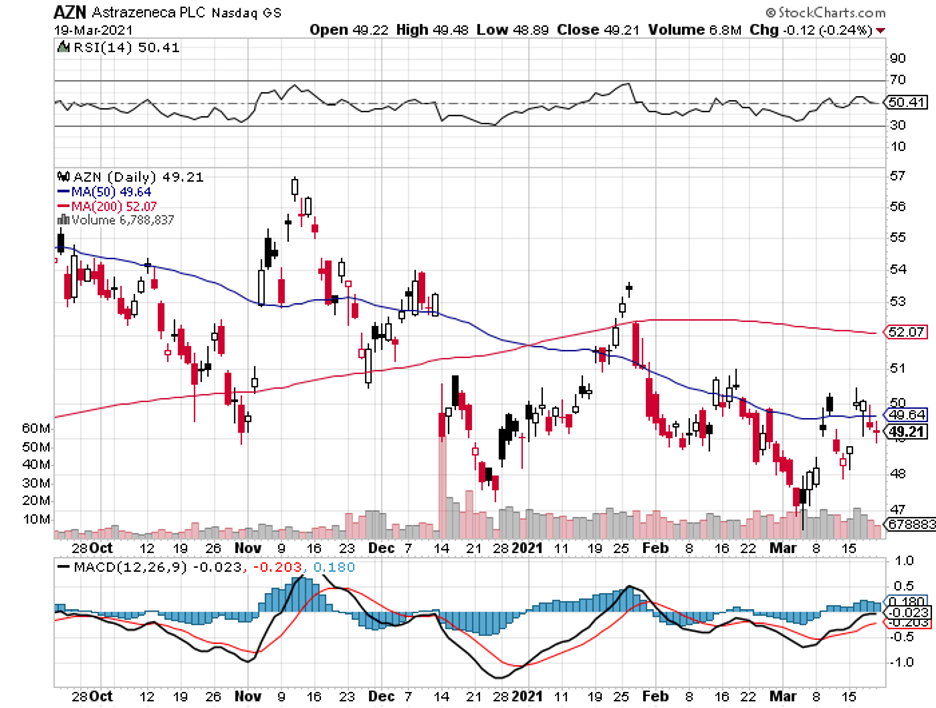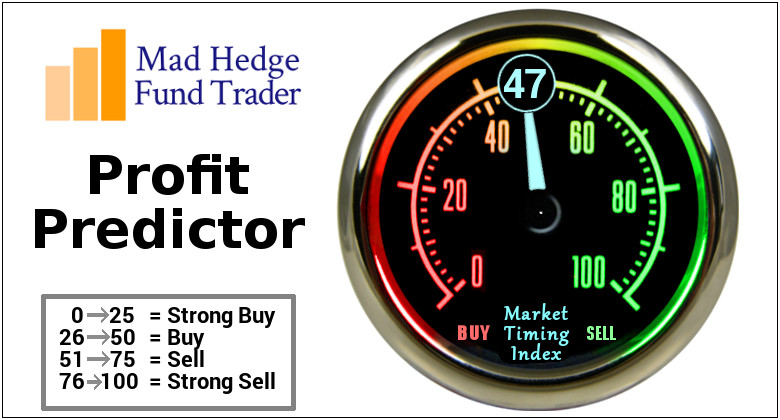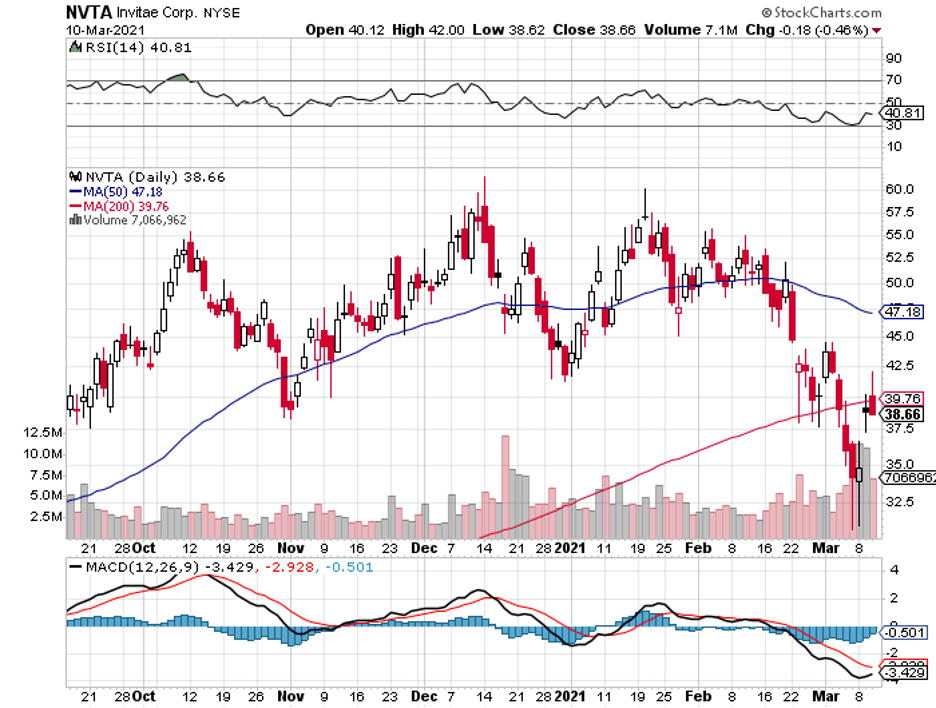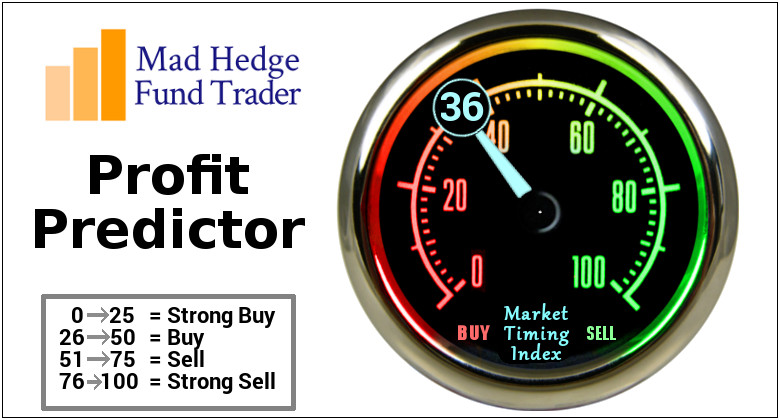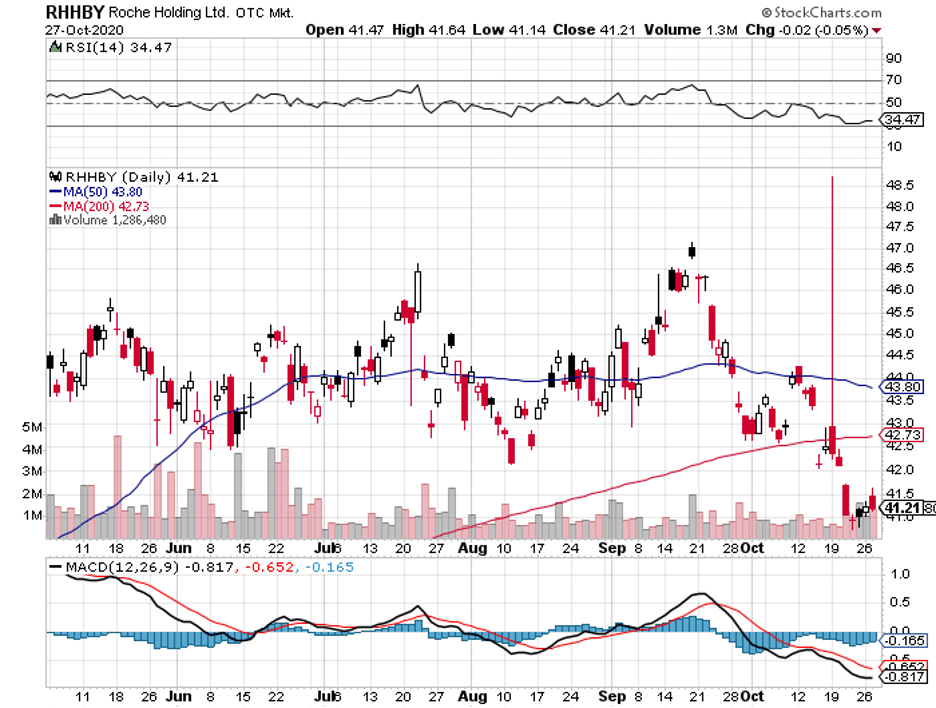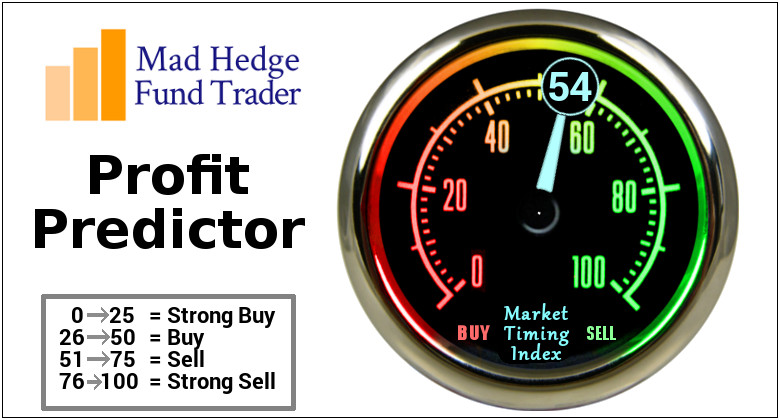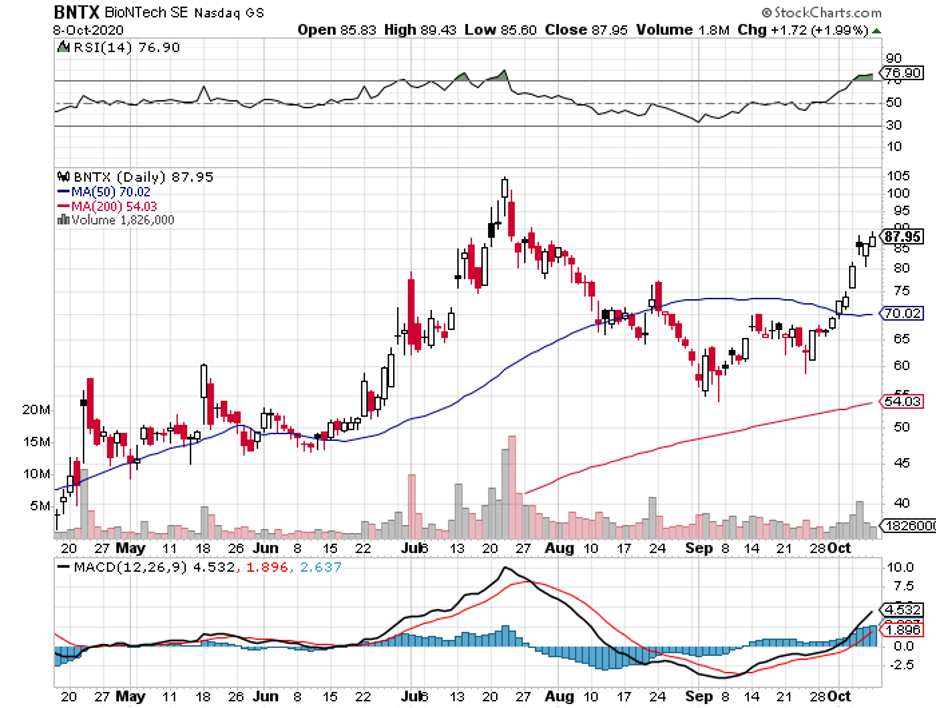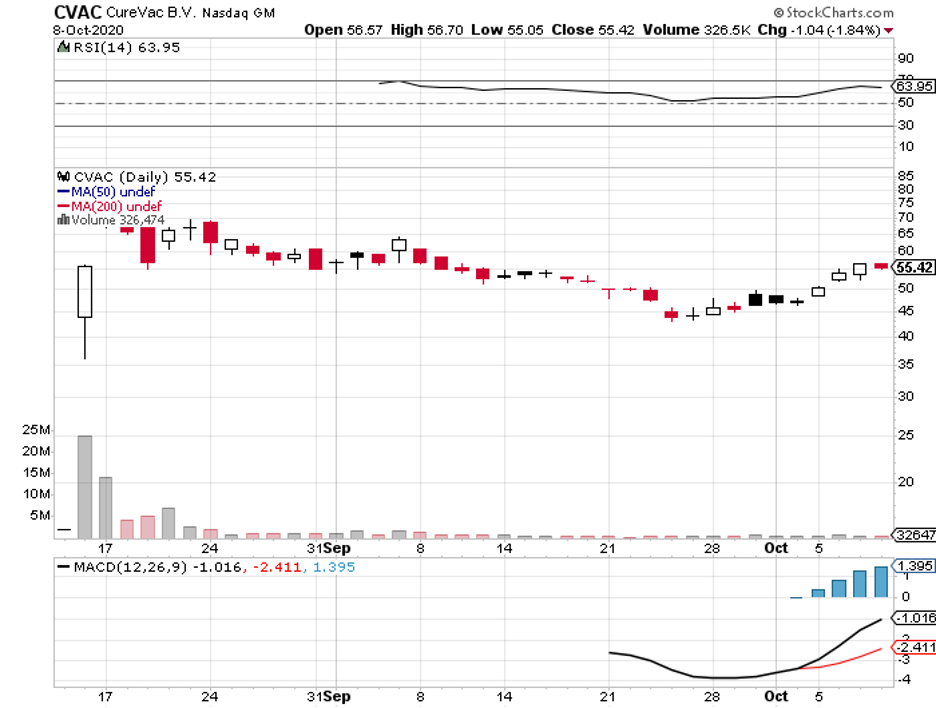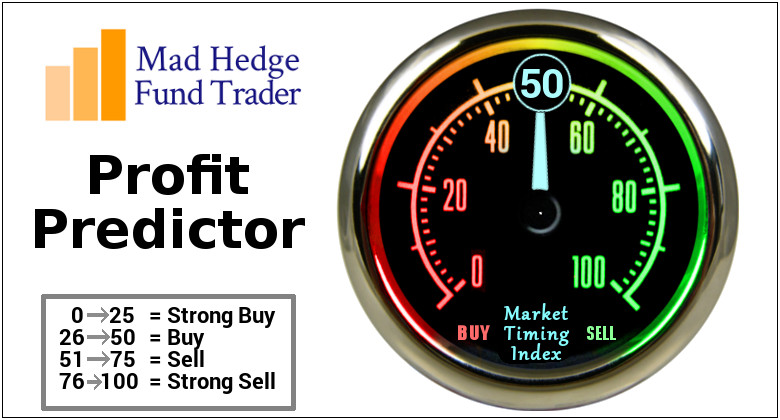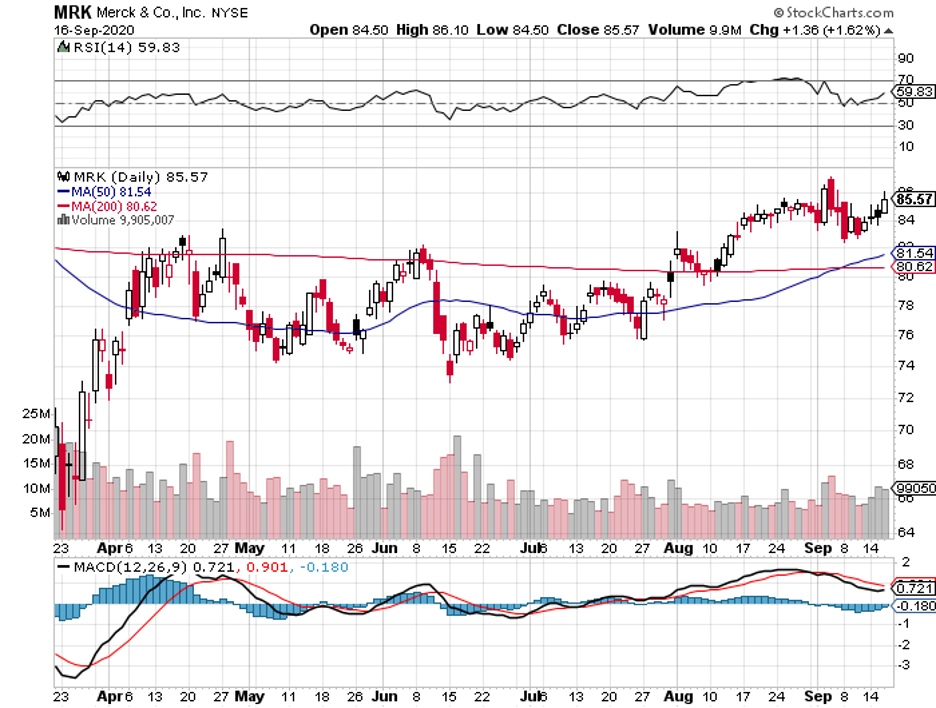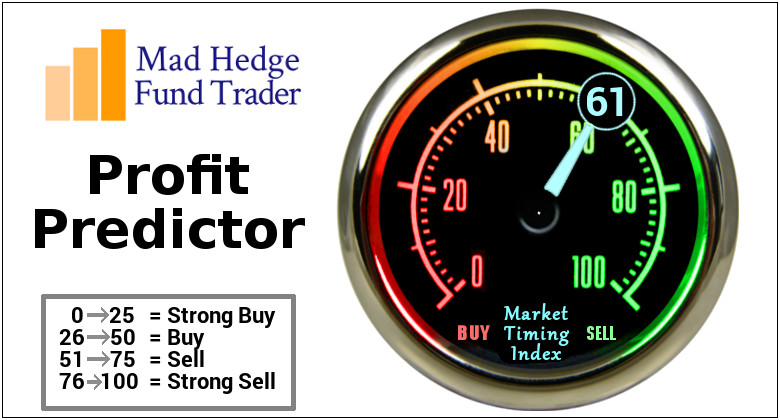Everybody will have heard about the issue in Europe these days, with more countries suspending dosing of the COVID-19 vaccine from AstraZeneca (AZN) and Oxford.
However, I think gaining clarity over the situation is important.
I haven’t been the greatest advocate of the AstraZeneca vaccine because its initial rollout was, to put it mildly, botched.
At the time, it was difficult to determine just how efficacious the vaccine, AZD1222, really was, and the latest figure I heard is that it’s 60% effective.
While the European Medicines Agency declared AZD1222 as safe, many member states of the EU seem to disagree, pointing out the reports of blood clotting issues after dosing.
I can see several apparent levels of this concern, but the most pressing, clearly, is medical.
The main problem that the experts are figuring out isn’t about the fairly common blood clots, which actually occurred at background levels and can generally be observed among elderly folks.
Their focus is the extremely rare autoimmune disorder that’s triggered when the body starts aggressively destroying the platelets needed for clotting.
That particular condition is hard to treat and can even be fatal.
Although they haven’t zeroed in on the specifics of the problem just yet, the experts agree that the blood clot issue is caused by some sort of overreaction in the immune system.
The stimulus for this reaction is still under review, but there’s a growing consensus that it could be genetic predisposition in a rare group of people.
This could be the same case as the doctor in Florida who died because of his immune system’s overreaction, which was triggered by the vaccine from Pfizer (PFE) and BioNTech (BNTX).
That’s not conclusive though, since it’s the only case cited in the United States.
The experts also pointed out that the condition is extremely rare, which was why it was not observed even in the Phase 3 trial of AZD1222.
While this is clearly a medical issue, there’s also an image issue for AstraZeneca to think about. How does this negative news on AZD1222 affect the stock?
Here’s a key point to keep in mind when analyzing AstraZeneca’s potential: The company is not selling AZD1222 for a profit while we’re going through the pandemic.
That means that suspending the dosing of AZD1222 won’t hurt AstraZeneca’s profit for 2021.
However, that doesn’t mean that AZD1222 has absolutely no effect on the company’s standing.
If anything, AZD1222 is an earnings opportunity for AstraZeneca in the future because the company’s expected to raise prices and generate a profit after the pandemic.
To underscore this goal, AstraZeneca has actually been ramping up capacity to manufacture at least 3 billion doses every year.
Considering this target, AstraZeneca is clearly signaling that it has the infrastructure to become a dominant player—if not the ultimate market leader—in the coronavirus vaccine sector.
If the issues with AZD1222 are resolved, then AstraZeneca holds a product that could rake in billions in revenue in the years to come.
Notably, AstraZeneca’s shares haven’t budged much regardless of the vaccine news released.
Since April 30, which was the day that the company announced its plans to join the COVID-19 vaccine race, AstraZeneca stock has fallen by roughly 6%.
In the past 11 months, which was filled with ups and downs for AZD1222, and up until the European countries suspended dosing in March 2021, the shares barely changed.
On the whole, AstraZeneca isn’t exactly known for massive one-year gains.
Rather, investors enjoy long-term wins, as seen in the company’s impressive 75% climb in over the past five years.
So far, AstraZeneca has 38 candidates in its pipeline queued for Phase 1 trials, 54 are slated for Phase 2, and 41 are lined up to go through Phase 3.
To fight off stagnation, AstraZeneca acquired biotechnology company Alexion Pharmaceuticals (ALXN) for a whopping $39 billion last December.
This deal offers a major expansion in AstraZeneca’s portfolio because Alexion brings with it its famed rare disease drug Soliris, which generates approximately $1 billion in revenue every quarter.
For 2020 alone, Alexion was estimated to add up to $5.95 billion in sales.
By 2025, AstraZeneca projects that Alexion will be on track to consistently contribute double-digit growth in its annual revenue.
It’s reasonable to say that AstraZeneca is one of the frontrunners in the COVID-19 race.
However, the past weeks have seen the company’s woes multiply due to questions on AZD1222’s side effects.
It’s worth reminding ourselves though why huge biopharmaceutical companies like AstraZeneca, Pfizer, Merck (MRK), and Roche (RHHBY) are not sensitive to these vaccine updates: They do not rely on their vaccine revenue alone for growth.
AstraZeneca markets an extensive array of products, which include eight blockbuster drugs.
In 2020, the company’s sales climbed by 10% to reach over $25 billion year-over-year.
Therefore, the reports on AstraZeneca’s AZD1222 isn’t a cause for alarm. The company’s overall portfolio is well-positioned to drive profit higher in the next several years.
More importantly, if AstraZeneca’s track record serves as any indication, then long-term shareholders should remain optimistic about the company’s growth trajectory.

